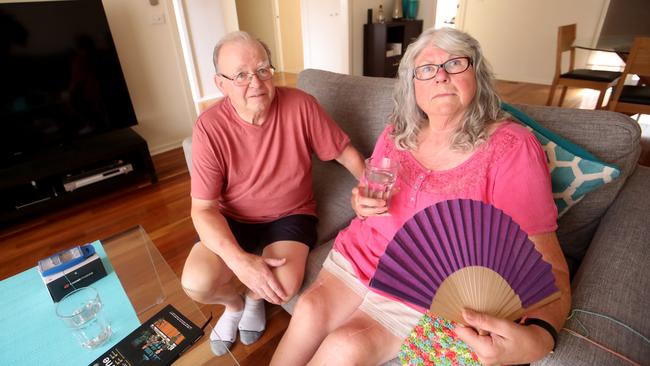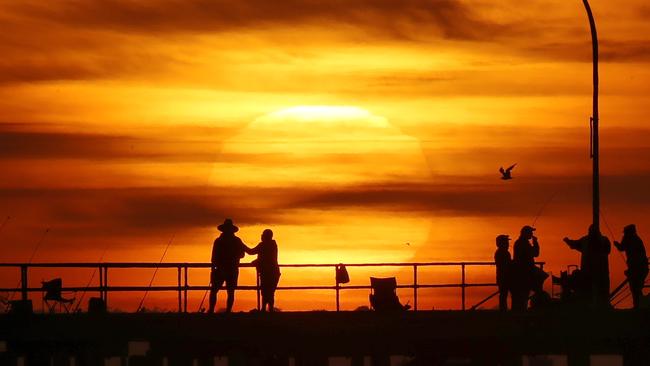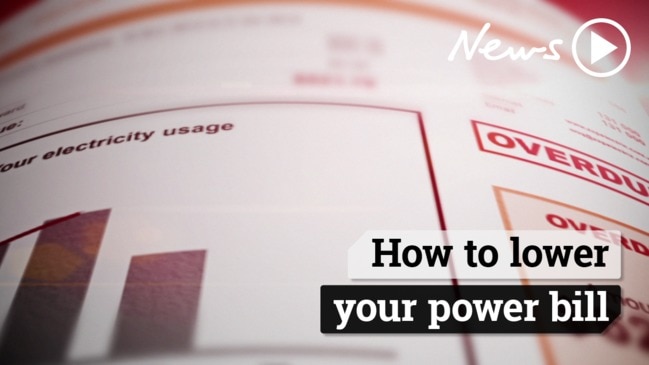Taxpayers to wear $32 million bill for back-up to summer power supply
Victorians will be charged $32 million for drastic measures deployed to try to keep the lights on during January’s blistering heatwave. The Sunday Herald Sun can reveal households and businesses will foot the bill racked up when big energy users were paid to power down to avoid widespread blackouts.

VIC News
Don't miss out on the headlines from VIC News. Followed categories will be added to My News.
Victorians will be charged $32 million for drastic measures deployed to try to keep the lights on during January’s blistering heatwave.
The Sunday Herald Sun can reveal households and businesses will foot the bill racked up when big energy users were paid to power down to avoid widespread blackouts.
And the charges slugged to consumers will not be detailed on all electricity bills, with retailers able to pass on the costs however they like.
POWER RESTORED AFTER GRID FAILED IN RECORD HEAT
ROLLING BLACKOUTS IN ONE-IN-TEN-YEAR HEATWAVE
DESPERATE AUSSIE FAMILIES FORCED TO DISCONNECT POWER
It comes as a new YouGov Galaxy poll identifies cost of living as the biggest issue for voters across all age groups in every state and territory ahead of next month’s federal election.
The energy market operator called on large energy users to reduce their usage in January as the back-up plan to avoid blackouts kicked in when the mercury hit 42.8C in Melbourne.

But more than 200,000 households had their power cut for up to two hours, with the emergency system unable to meet demand as coal-fired units at Yallourn and Loy Yang A failed.
The Energy Users’ Association of Australia criticised the lack of transparency about how the $32 million bill would be passed on, with chief executive Andrew Richards warning it “decreases trust in the operator”.
Last year’s emergency power reserve in Victoria cost $51 million, with diesel generators shipped in and placed on standby.
The units were not brought in this summer, although large users such as the Portland aluminium smelter run by Alcoa were again paid millions of dollars to power down when household demand peaked during heatwaves.

Energy market operator chief Audrey Zibelman said January’s rolling outages were “a last resort” to avoid widespread blackouts and “protect the wider power system”.
Technical failures at coal-fired stations had put about 1800MW out of action, and while renewable energy sources picked up some of the slack, the system went into meltdown on Melbourne’s hottest day in five years.
Ms Zibelman said the market operator wanted a permanent strategic power reserve to “more effectively and efficiently manage these events”.
“As the system continues to evolve, we need more tools at our disposal to manage extreme situations, such as significant loss of available generation on a very high demand day,” she said.
Mr Richards also warned reforms were needed soon to ensure a market-based response to reliability, particularly if more coal-fired power stations closed.
“The cost of transition needs to be better managed,” he said.



